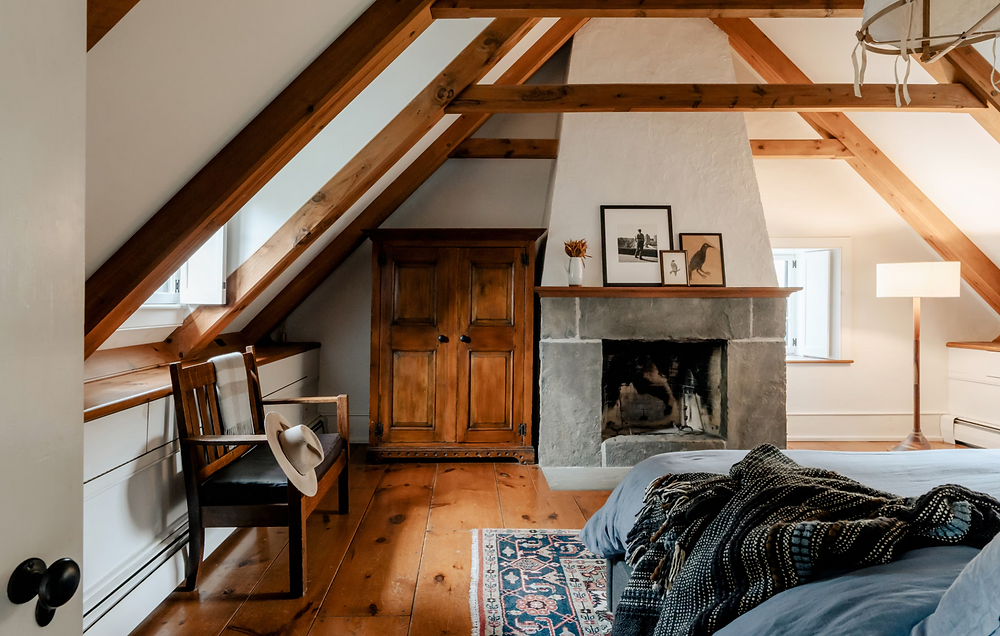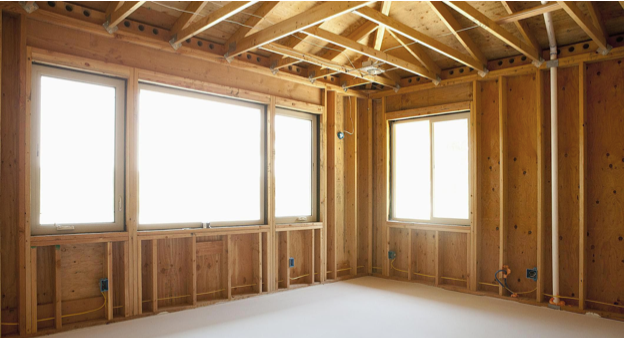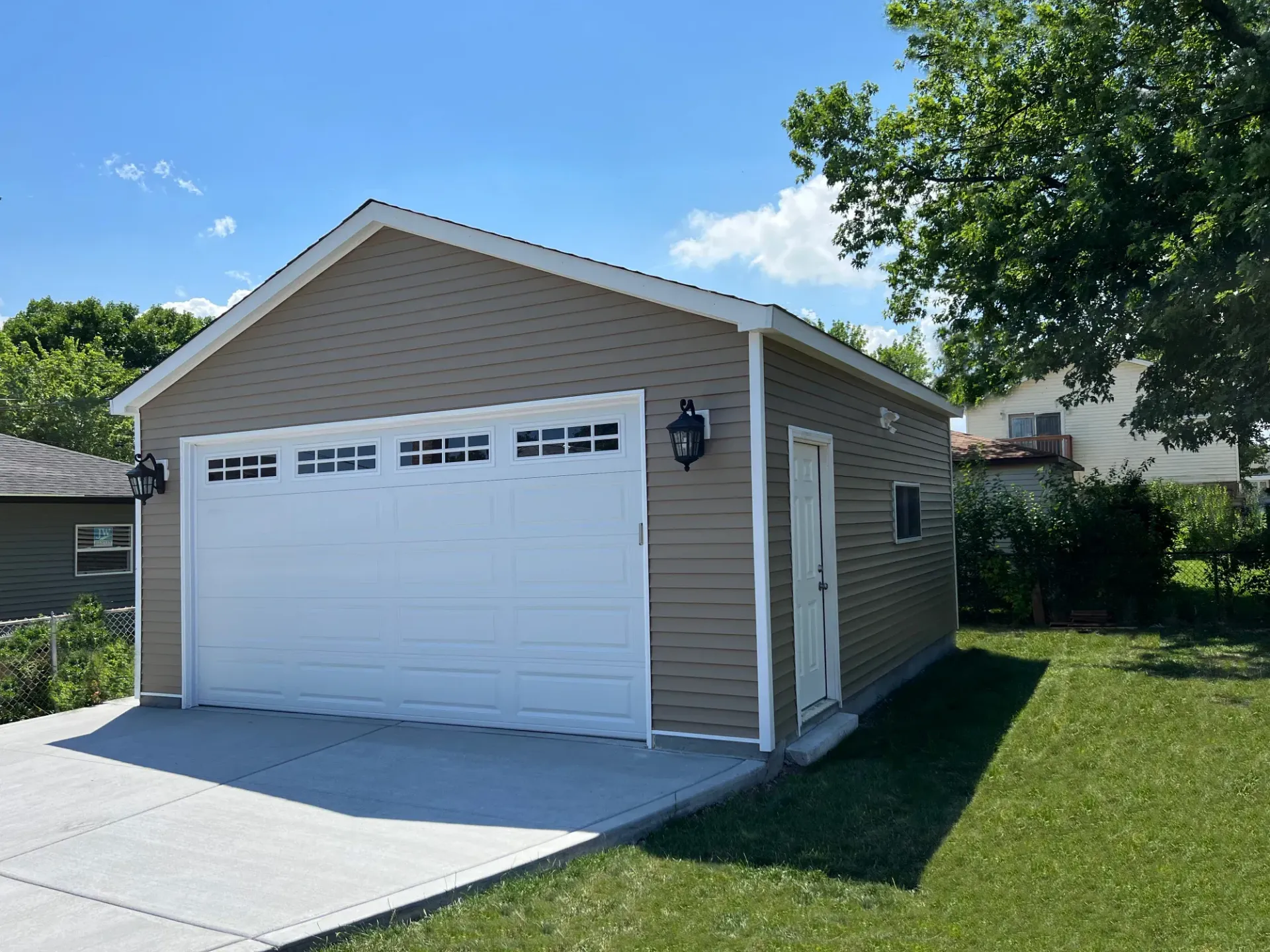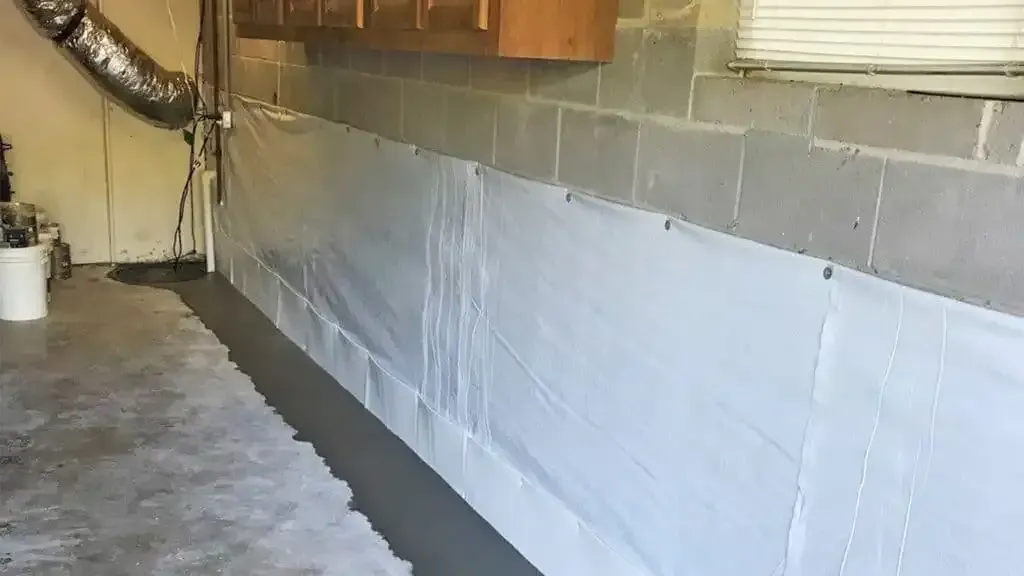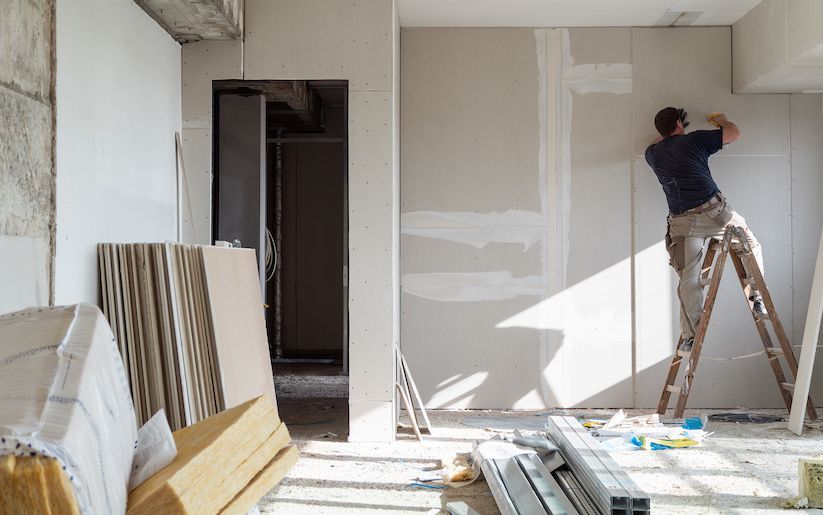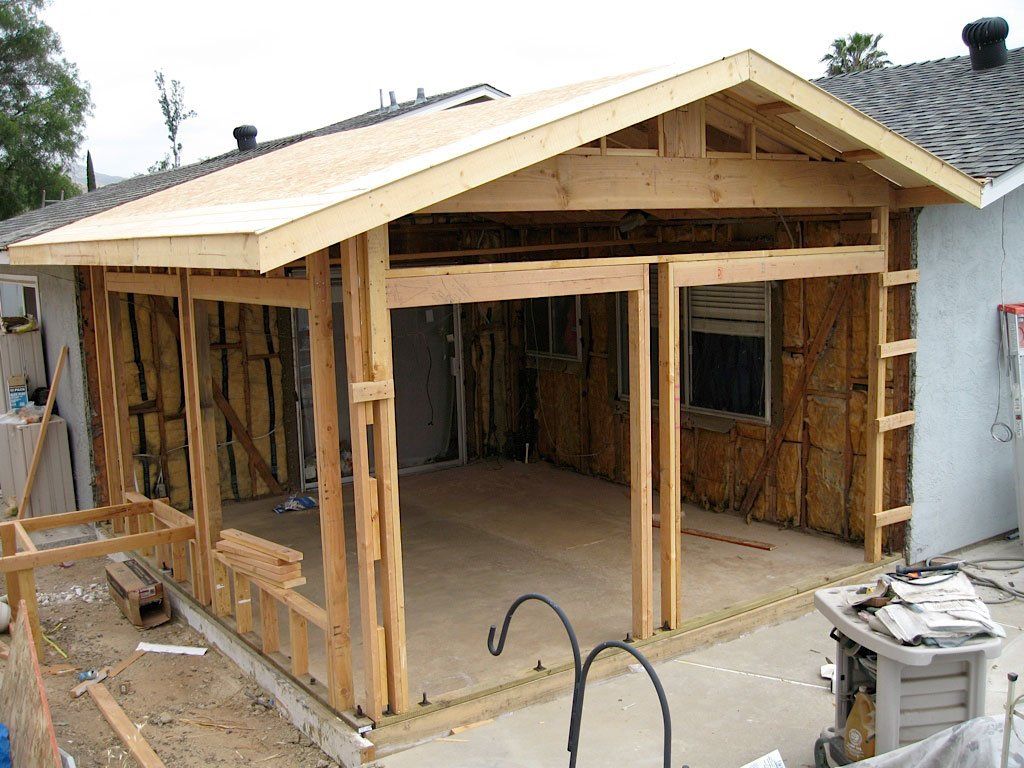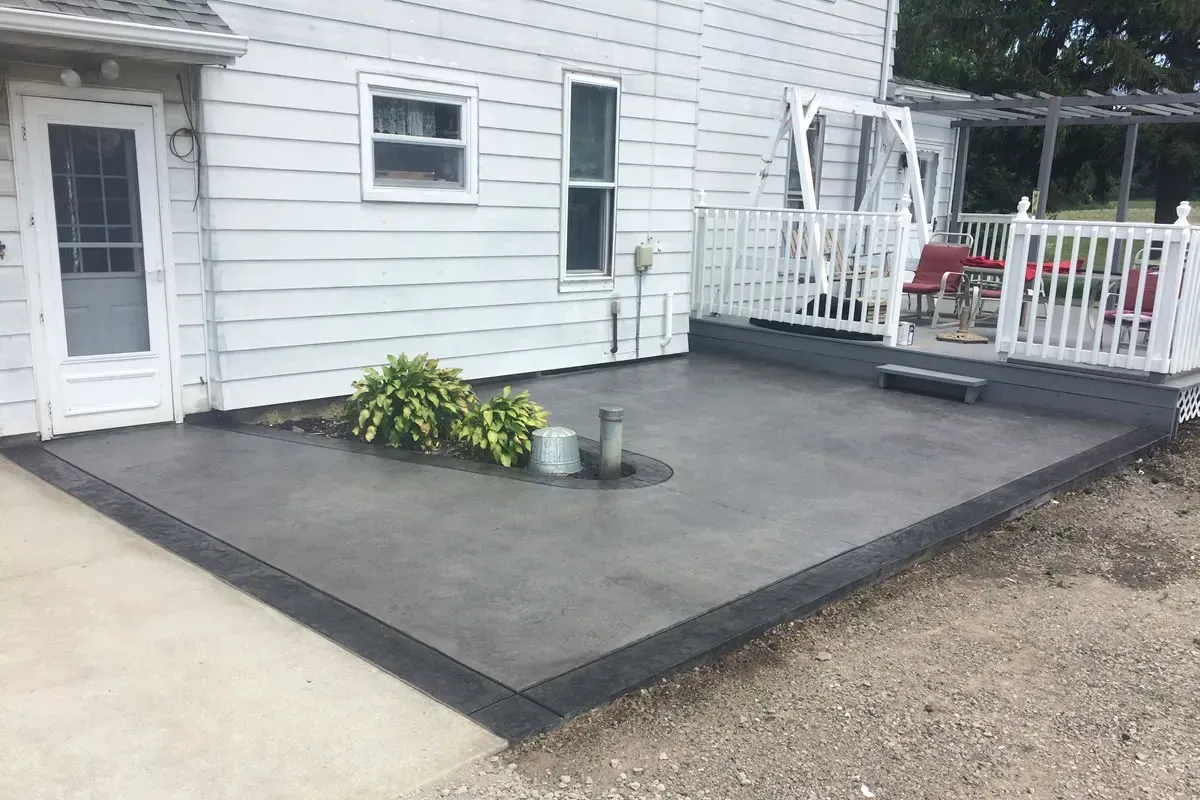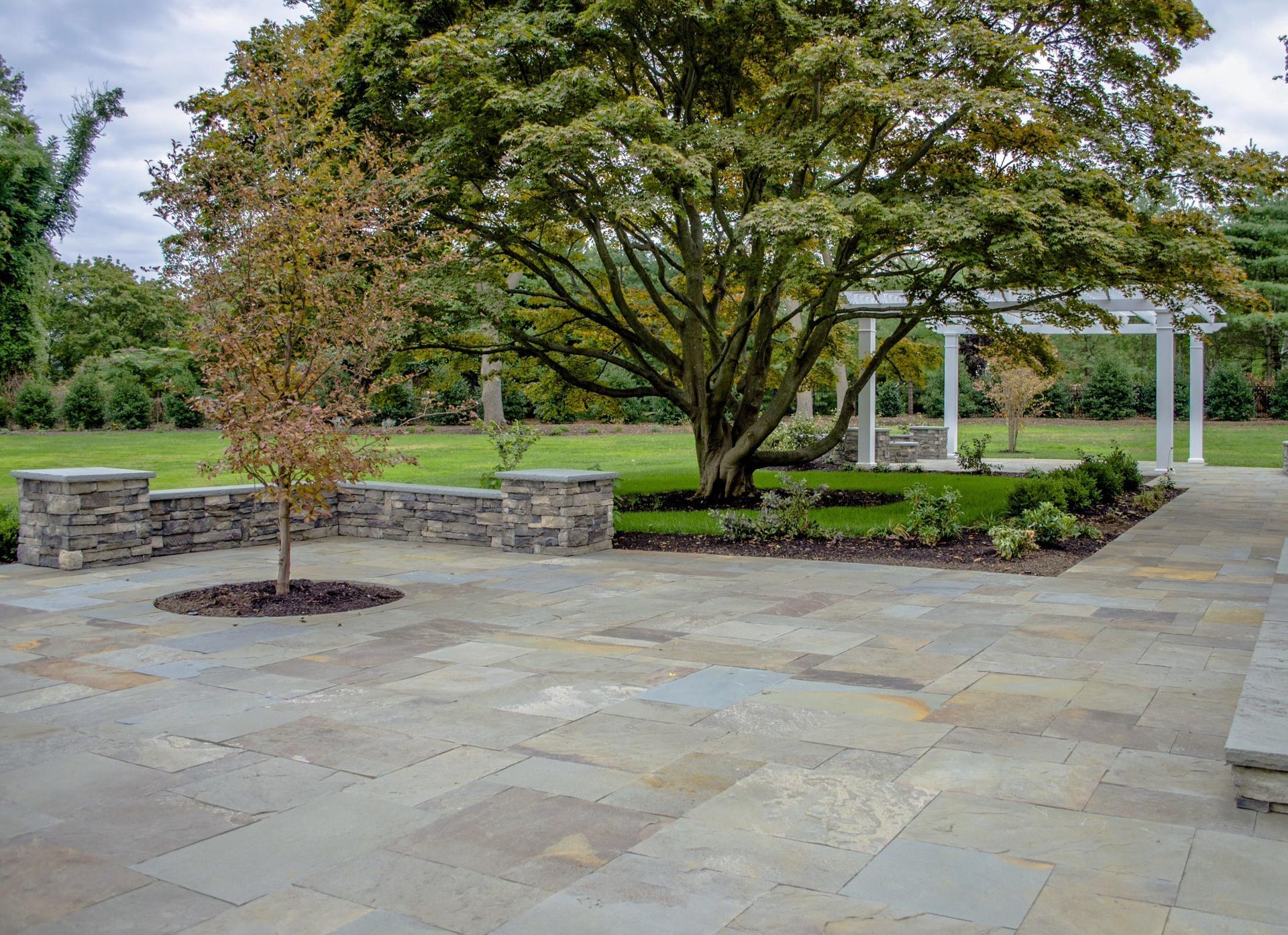Best Patio Materials for Freeze/Thaw Cycles in New England
New England's harsh winters and dramatic temperature swings create unique challenges for outdoor patios. With freeze/thaw cycles occurring dozens of times each winter in Rhode Island, Massachusetts, and Connecticut, choosing the right patio materials can mean the difference between a beautiful outdoor space that lasts decades and costly repairs every few years.
Why Freeze/Thaw Cycles Destroy Patios in Rhode Island
Rhode Island experiences an average of 30-40 freeze/thaw cycles per winter, with temperatures fluctuating between below freezing at night and above freezing during the day. When water penetrates porous materials and freezes, it expands by approximately 9%, creating tremendous pressure that cracks and deteriorates patio surfaces.
The most vulnerable period occurs in late winter and early spring when daytime temperatures rise above 32°F but nights still drop below freezing. This repeated expansion and contraction wreaks havoc on improperly chosen or installed patio materials.
Top 5 Best Patio Materials for New England Freeze/Thaw Cycles
1. Natural Stone (Granite, Bluestone, and Slate)
Best Choice Overall for Rhode Island Patios
Natural stone pavers, particularly granite and bluestone, offer exceptional freeze/thaw resistance due to their low porosity and high density. Rhode Island's abundant granite quarries make this an economical and locally-sourced option.
Advantages:
- Extremely low water absorption (less than 1% for granite)
- Natural slip resistance when properly finished
- Withstands repeated freeze/thaw cycles for 50+ years
- Available locally throughout Rhode Island and New England
- Increases property value significantly
Best Types for New England:
- Granite: Virtually impervious to freeze/thaw damage
- Bluestone: Dense Pennsylvania bluestone performs excellently
- Slate: Choose dense, non-porous varieties from Vermont quarries
2. Concrete Pavers (High-Quality Manufactured)
Most Cost-Effective Freeze/Thaw Resistant Option
Modern concrete pavers engineered specifically for freeze/thaw climates offer excellent performance at a fraction of natural stone costs. Look for pavers with compressive strengths exceeding 8,000 PSI.
Key Features to Look For:
- Air-entrained concrete (4-6% air content)
- Proper aggregate selection
- Manufacturing compliance with ASTM C936 standards
- Thickness of at least 2.375 inches
Installation Requirements:
- Proper base preparation with 6-8 inches of compacted gravel
- Sand bedding layer for drainage
- Polymeric sand joints to prevent water infiltration
3. Porcelain Pavers (Premium Option)
Newest Technology for Extreme Weather Resistance
Porcelain pavers represent cutting-edge patio technology, offering zero water absorption and exceptional freeze/thaw resistance. While more expensive initially, they provide unmatched longevity in New England climates.
Benefits:
- 0% water absorption eliminates freeze/thaw damage
- Stain-resistant and easy to maintain
- Available in stone, wood, and contemporary designs
- Lightweight yet incredibly strong
4. Brick Pavers (When Properly Selected)
Traditional Choice with Modern Engineering
Not all brick is suitable for Rhode Island's climate. Choose only SW-grade (severe weathering) brick pavers specifically manufactured for freeze/thaw resistance.
Critical Selection Criteria:
- SW-grade rating mandatory
- Compressive strength minimum 3,000 PSI
- Water absorption rate below 17%
- Avoid recycled or reclaimed brick for harsh climates
5. Stamped Concrete (With Proper Design)
Budget-Friendly Option Requiring Careful Installation
Stamped concrete can perform well in freeze/thaw cycles when properly designed with air entrainment, adequate thickness, and proper joint spacing.
Essential Requirements:
- 4-inch minimum thickness (6 inches preferred)
- Air-entrained mix design (5-7% air content)
- Control joints every 8-10 feet maximum
- High-quality sealer applied annually
Materials to Avoid in New England Climates
Poor Performers in Freeze/Thaw Conditions:
- Sandstone: High porosity leads to rapid deterioration
- Limestone: Soft varieties crack and spall in freeze/thaw cycles
- Standard concrete slabs: Without proper air entrainment, concrete fails quickly
- Ceramic tile outdoors: Not designed for temperature extremes
- Recycled materials: Unknown freeze/thaw resistance
Critical Installation Factors for Rhode Island Patios
Proper Drainage Design
New England's wet springs and fall seasons require exceptional drainage design. Poor drainage is the leading cause of patio failure in freeze/thaw climates.
Drainage Requirements:
- Minimum 2% slope away from structures
- French drain systems for low-lying areas
- Permeable base materials (crushed stone, not sand)
- Proper grading to direct water away from patio surface
Base Preparation Standards
The foundation determines long-term performance more than surface material selection.
New England Base Specifications:
- Excavate to 12-18 inches below finish grade
- 6-8 inches compacted gravel base (3/4-inch crushed stone)
- Geotextile fabric to prevent base migration
- 1-2 inch sand leveling course for pavers
Joint Materials and Sealers
Preventing water infiltration through joints is critical for freeze/thaw resistance.
Recommended Joint Treatments:
- Polymeric sand for paver joints
- Flexible sealants for concrete control joints
- Annual inspection and maintenance of all joints
Seasonal Maintenance for New England Patios
Fall Preparation
- Clear all debris and leaves
- Clean and seal any cracks or open joints
- Ensure proper drainage function
- Apply protective sealers if needed
Winter Care
- Use ice melt products safe for your patio material
- Avoid metal shovels on natural stone
- Remove snow promptly to minimize freeze/thaw cycles
Spring Inspection
- Check for winter damage
- Re-sand paver joints if needed
- Address any drainage issues immediately
- Clean and prepare for summer use
Local Climate Considerations for Rhode Island Patios
Rhode Island's coastal climate creates unique challenges beyond typical New England freeze/thaw cycles:
Salt Air Exposure: Coastal areas require materials resistant to salt corrosion
High Humidity: Proper ventilation prevents moisture retention
Nor'easter Impact: Materials must withstand extreme weather events
Soil Conditions: Clay soils common in Rhode Island require special drainage consideration
Cost Analysis: Initial Investment vs. Long-Term Value
20-Year Cost Comparison (500 sq ft patio):
Natural Stone (Granite): $8,000-12,000 initial, minimal maintenance
High-Quality Concrete Pavers: $4,000-7,000 initial, moderate maintenance
Porcelain Pavers: $10,000-15,000 initial, minimal maintenance
Poor Quality Materials: $2,000-4,000 initial, $3,000-8,000 repairs
The superior materials cost 2-3 times more initially but eliminate replacement costs and provide better property value returns.
Professional Installation: Why It Matters in New England
DIY patio installation rarely achieves the precision required for freeze/thaw resistance. Professional installation ensures:
- Proper base preparation and compaction
- Accurate grading for drainage
- Correct material selection for local conditions
- Warranty protection for workmanship
- Compliance with local building codes
Frequently Asked Questions
Q: What's the best patio material for Rhode Island's climate? A: Granite pavers offer the best combination of freeze/thaw resistance, local availability, and long-term value for Rhode Island homeowners.
Q: How thick should patio materials be for New England winters? A: Minimum 2 inches for pavers, 4 inches for concrete slabs, with thicker materials providing better freeze/thaw resistance.
Q: Do I need permits for patio installation in Rhode Island? A: Most patio projects don't require permits, but check with your local building department for projects near property lines or involving drainage changes.
Q: When's the best time to install a patio in New England? A: Late spring through early fall provides optimal conditions, with summer installation allowing proper curing before the first freeze.
Ready to build a freeze/thaw resistant patio that will last for decades?
Rockhouse Construction specializes in durable patio installations designed specifically for New England's challenging climate. Our experienced team understands Rhode Island's unique soil conditions and weather patterns, ensuring your patio investment provides lasting beauty and value.
Contact us today for a free consultation and estimate on your dream patio project.


